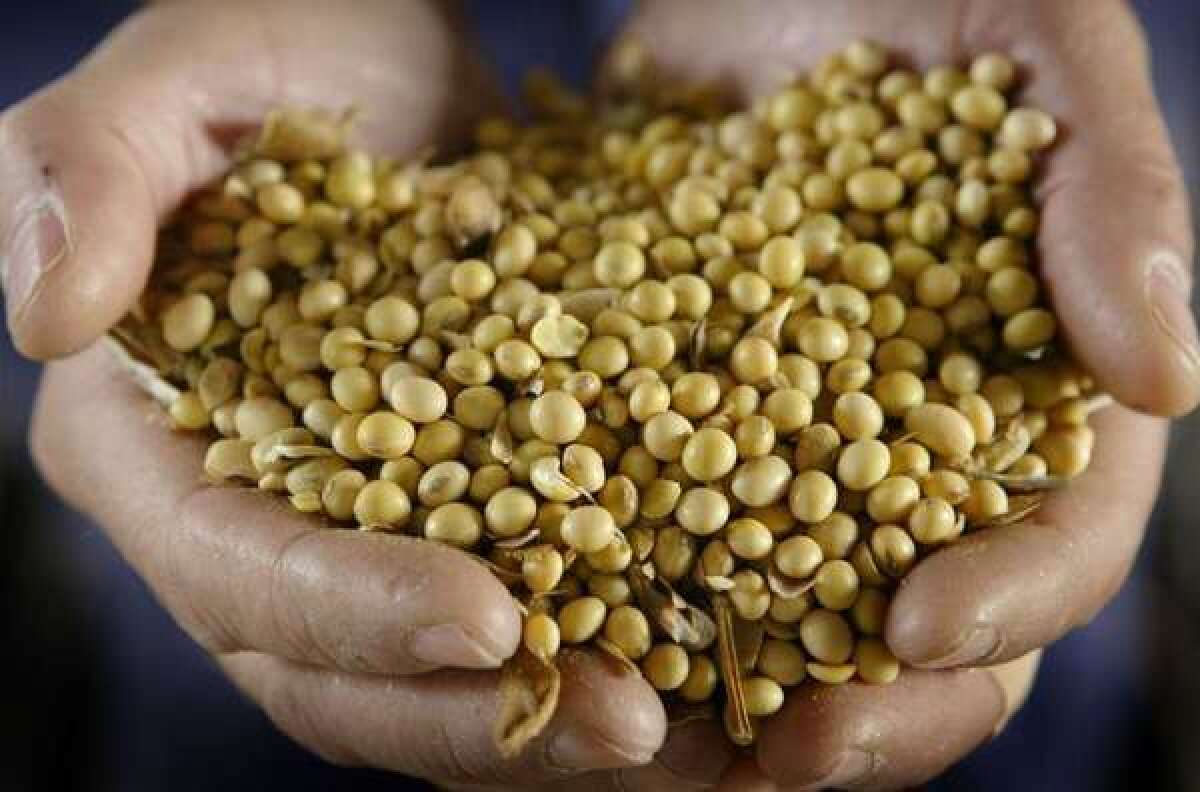So just how evil are GMOs anyway? A noted opponent apologizes

There’s a thought-provoking piece on Slate summarizing the comments of a longtime environmental activist who is now rethinking his opposition to genetically modified organisms. In a talk at the Oxford Farming Conference on Thursday, Mark Lynas reportedly apologized for his previous position on the subject (I say “reportedly” because neither a video nor the official transcripts of the talk have been published yet, and the link Slate provides for a summary is broken). Here is what Slate quotes him as saying:
“I want to start with some apologies. For the record, here and upfront, I apologise for having spent several years ripping up GM crops. I am also sorry that I helped to start the anti-GM movement back in the mid 1990s, and that I thereby assisted in demonising an important technological option which can be used to benefit the environment.
“As an environmentalist, and someone who believes that everyone in this world has a right to a healthy and nutritious diet of their choosing, I could not have chosen a more counter-productive path. I now regret it completely.
“So I guess you’ll be wondering—what happened between 1995 and now that made me not only change my mind but come here and admit it? Well, the answer is fairly simple: I discovered science, and in the process I hope I became a better environmentalist.”
Furthermore, he says, “To vilify GMOs is to be as anti-science as climate-change deniers.”
It does seem to me that most opposition to GMOs has been based on criticisms of how the technology has been used in some cases and of the corporations that have been using them (one in particular, of course, Monsanto).
Without apologizing for those companies’ actions, and while acknowledging that so far some uses such as Roundup-Ready seeds seem to have significant shortcomings, I still wonder whether we are in danger of throwing out the baby with the bath water by condemning all uses of GMOs. What about the much-less heralded success in reviving the Hawaiian papaya crop (scroll to near the end), which had been threatened with annihilation by an imported pest, until a genetically modified alternative was introduced?
This is something I’ve been pondering for a while. Well, ever since I moderated a panel at the Monterey Bay Aquarium that featured the most fascinating couple, Pamela Ronald and Raoul Adamchak (she’s quoted near the end of this film clip). He is a longtime organic farmer and runs the student farm and CSA at UC Davis; she is a leading GMO researcher. The book they wrote together, “Tomorrow’s Table,” should be read by anyone who is interested in the future of agriculture.
If those two can find a middle ground (much less stay married), might there be room for a more nuanced view of the question?
ALSO:
Vintage seed catalog (non-GMO guaranteed!)
More to Read
Eat your way across L.A.
Get our weekly Tasting Notes newsletter for reviews, news and more.
You may occasionally receive promotional content from the Los Angeles Times.









